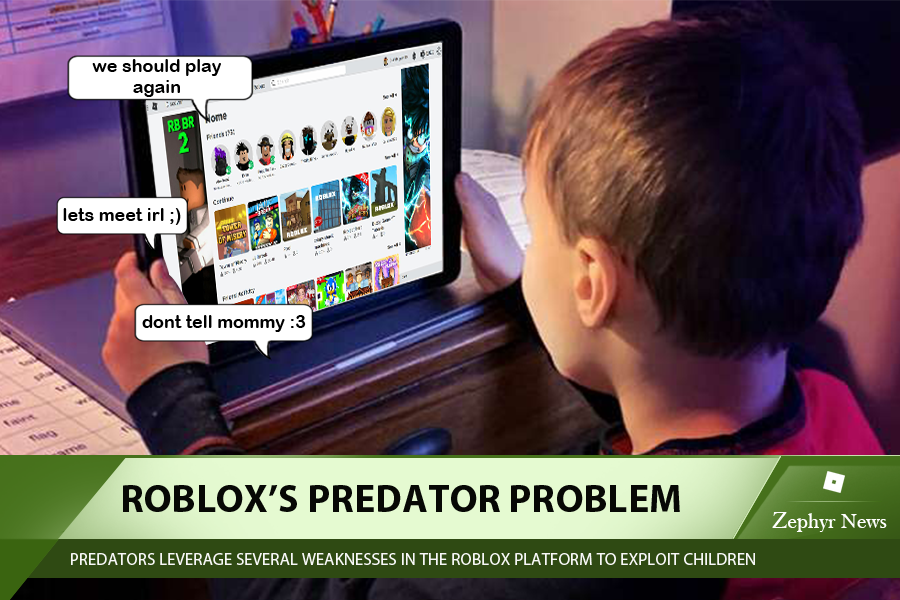Tails in Jail: The zoo is not all it claims to be
February 18, 2020
Imagine spending everyday locked inside a cage without your friends, with no room to explore and without the ability to live a normal life. Imagine your entire life being on display for someone else’s entertainment or “educational experience.” You wouldn’t enjoy that, so why would an animal?
Although advertised otherwise, animals are treated terribly in zoos. An investigation by Freedom for Animals found that wild African elephants live more than three times as long as those held in captivity. A government zoo inspection on Woburn Safari Park in Woburn Bedfordshire England, reported lions being kept in small enclosed spaces for up to 18 hours a day. The study also found that many of these lions had untreated wounds and scars on their bodies.
Baby animals in zoos are known to suffer trauma due to separation from their mothers at such a young age. According to sentimentmedia.org, zoos have resorted to tranquilizers, antidepressants and antipsychotic drugs to deal with depression and aggression in animals since 1995. But they look so cute and happy, right?
Even in the best of zoo conditions, these places have nothing to offer compared to the vast beauty and complexity of the animals’ natural habitats. Animals in zoos will never experience the freedom of living in the wild. They live with minimal space which is unfit for flying, running, climbing, etc. They are also separated from the others of their own species when put in zoos, making it more difficult for them to mate and raise a family.
Zoos claim to be conserving animal species, but this is far from the truth. Zoos will gravitate towards the more popular animal species to gain more money rather than the endangered ones. A study published in the Journal of Applied Ecology states that unless animals are protected in the wild, captive breeding won’t help fix the issue.
If you want to help make a difference and conserve an endangered species, you can donate to organizations such as the International Private Protection League, African Wildlife Foundation, the Born Free Foundation and other groups that support the conservation of habitats.
While many zoos are sitting back spending millions of dollars on the confinement of a species, their natural habitat is being destroyed with little to no funding to help. According to the National Wildlife Federation, the main causes of habitat loss are agriculture, land conversion for development, water development, pollution and climate change. You can help by donating to a trustworthy organization or by caring for the plants and wildlife near you. Even planting a tree in your backyard and picking up litter when you see it can make a big difference.
When looking for a cute date idea this Valentines Day, avoid putting your money towards the imprisonment of innocent animals and consider a more animal-friendly alternative. It’s great to be curious about our planet’s riveting animal kingdom, but there are plenty of ways to do so without putting them in danger. Visit a nearby animal sanctuary, find a cool park or hiking trail, watch a documentary or simply go outside and explore.





